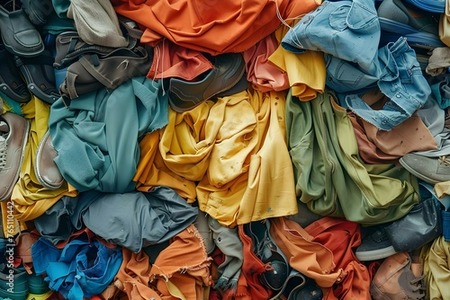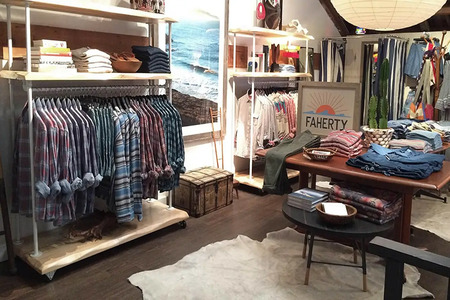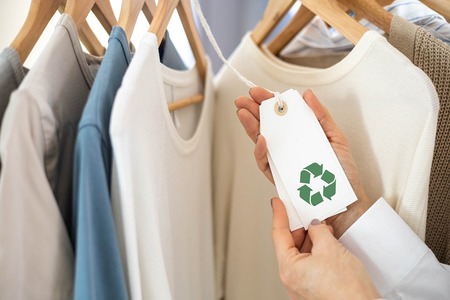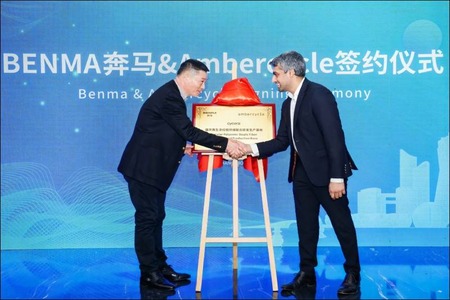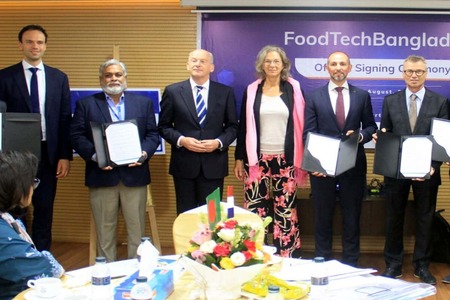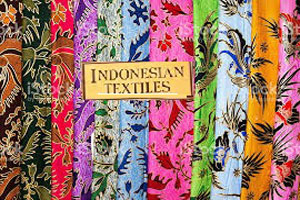
Indonesian textile demand down but rise in exports in first half of 2017
YarnsandFibers News Bureau 2017-07-19 16:15:00 – JakartaIndonesian textile exports to key markets have declined as many countries have reduced imports of textiles in the first half of 2017 amid bleak global economic conditions. Shipments to the USA fell 3.6 percent (y/y), to the European Union by 4.0 percent (y/y), and to Japan by nearly 5 percent (y) in the January-June 2017 period.
According to Ade Sudrajat, Chairman of the Indonesian Textile Association (API), the apparel trade balance of Indonesia has improved markedly since the start of the year as the government has discouraged cheap imports into Indonesia to protect local industries. Meanwhile, more than 50 clothes factories have been relocated to Central Java where they started using more efficient technology and therefore their output is more competitively prices on the world market, hence boosting demand
A small 0.62 percent year-on-year (y/y) growth was detected in Indonesia's textile exports in the first half of 2017. This modest growth was supported by a 20.4 percent (y/y) rise in knitwear exports.
Ade Sudrajat, Chairman of the Indonesian Textile Association (API), said that Indonesia's downstream textile manufacturers were actually pleased with this result as it exceeds expectations amid bleak textile demand from various countries.
However, improved competitiveness (in terms of price and delivery) explains why demand is negative but Indonesian exports are positive, Sudrajat said. Moreover, foreign importers may now be more confident in Indonesia's economic and political stability.
Based on data from Indonesia's Industry Ministry, the textiles and textile product sector contributed USD $11.87 billion in terms of foreign exchange earnings, or 8.2 percent of Indonesia's total export earnings in 2016. Meanwhile, investment in this sector reached IDR 7.54 trillion (approx. USD $567 million) in 2016.
Indonesia is one of the world's largest textile manufacturers and exporters although trailing far behind China.
Market Intelligence
Ask for free sample Report

experience
Customer Base
dedicated team
Countries Served Worldwide



